

This article has for an object to investigate and to compare two of modalities of human body – the objective body (the prevailing „special“ body of M. Foucalt), and the phenomenal body (the prevailing „temporal“ body of M. Merleau-Ponty) – in order to elucidate the constitution of the modern subject as to differentiate the „hidden forces“ which are still a barrier before the total „disciplining“ of that subject.
More...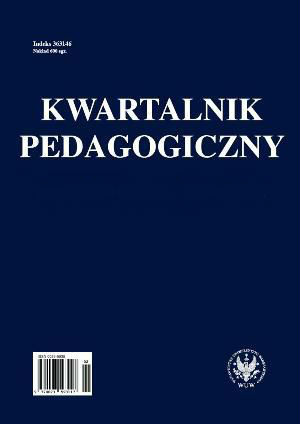
Keywords: Michel Foucault; autorefleksja; troska o tożsamość;
Przywołanie przykładu problemu etycznego występującego w szkołach średnich pozwala autorce na przemyślenie wpływu filozoficznych pojęć Michela Foucaulta dotyczących troski o tożsamość na moralne wychowanie młodzieży. W kolejnych częściach artykułu autorka ukazuje, jak zmieniały się poglądy Foucaulta w sprawach dotyczących tożsamości, prawdomówności i technologii tożsamości, a także genealogii autorefleksji (confession). Rozważania Foucaulta mają znaczenie, według autorki, zarówno dla poradnictwa pedagogicznego, jak i dla ogólnych teorii dotyczących poradnictwa. Co więcej, w ujęciu Foucaulta koncepcja troski o tożsamość w kontekście różnych postaci urzeczywistniania się wolności prowadzi do wypracowania filozoficznego stanowiska, które może być etycznie pomocne w sytuacjach związanych z moralnym wychowaniem uczniów. W ujęciu teorii władzy Foucaulta decyzje, jakie podejmujemy w konkretnych sytuacjach rozstrzygają o tym, kim jesteśmy. Istotne pedagogiczne konsekwencje twórczości Foucaulta dotyczą znaczenia „pisania” i „czytania” dla tożsamości siebie obok form komunikacyjnych i dialogicznych, a także „mówienia” lub autorefleksji, czyli zagadnień znajdujących się również w obszarze zainteresowania poradnictwa pedagogicznego. Niezależnie od odpowiedzi na pytanie o to, czy edukacja dotycząca tożsamości powinna znaleźć stałe miejsce w programach kształcenia, w oświacie warto pobudzać świadomość roli, jaką szkoły odgrywają w zdobywaniu tożsamości przez uczniów. Pedagodzy powinni być świadomi istnienia technologii władzy (dominacji) i technologii tożsamości, które wywołują oni u swoich uczniów, a także wpływu, jaki te technologie mają na kształtowanie się tożsamości uczniów. W edukacji należy przywiązywać większą wagę do troski o tożsamość, a myśląc o niej nie zapominać, że tym, co ją wyznacza – jest to między innymi prawdomówność i autorefleksja.
More...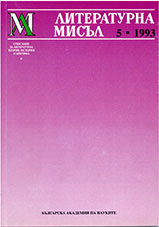
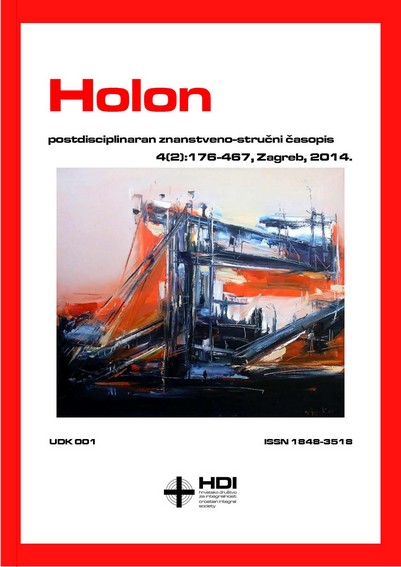
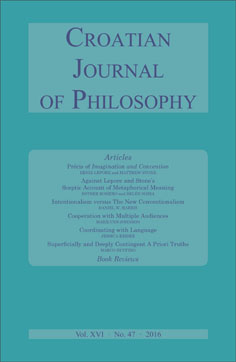
Mark G. E. Kelly, The Political Philosophy of Michel Foucault, New York and London: Routledge, 2009, 186 pp.
More...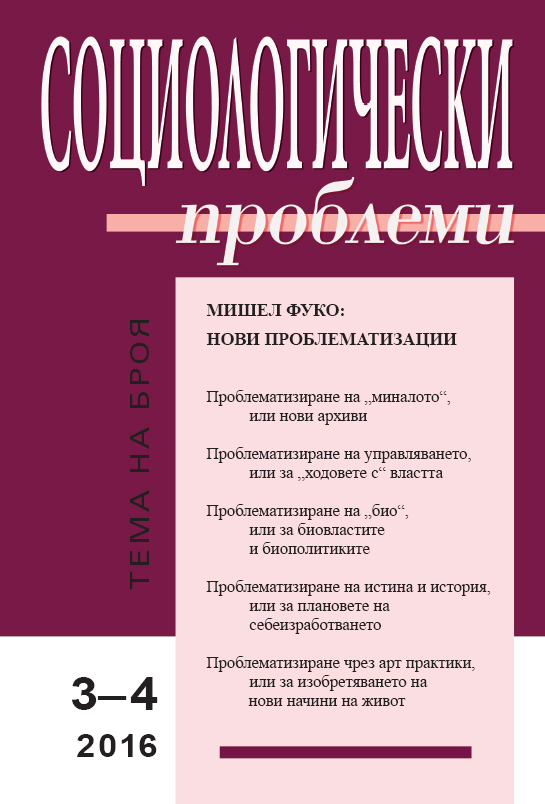

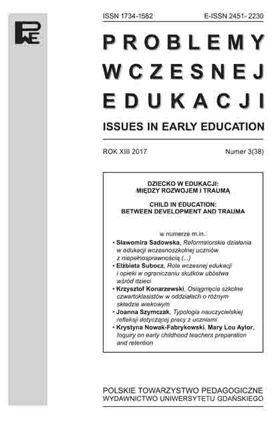
Keywords: Anton Makarenko; homo sovieticus; urządzanie
The subject of our interest is the rhetoric of Makarenko’s readings/interpretations of upbringing designated for parents. We would like to subject it to consideration in the prospect/perspective of Foucault’s governmentality category, understood as a specific metacategory/joint category connecting the axes of power (the Soviet power), knowledge (political economy), and the subject (homo sovieticus). Applying the governmentality category provides for the possibility of attempting to reconstruct traces of tangle/discursive relations and undiscursive elements of the policy of arranging a family which is a component of a broader policy of the Soviet state aimed at “forging” the new Soviet man. In this context, we will recognize Makarenko’s pedagogy as a kind of conceptualization and implementation of the policy of the Soviet state at the family level, having the goal of shaping a man of collective mentality, completely subordinated to the Soviet state, with standardized and ideologized consciousness.
More...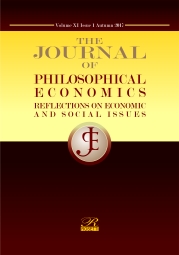
Keywords: epistemology; positive unconsciousness;
This essay aims to explore Foucault’s project of decentralizing economics and to hint on some implications. It also makes a comparative analysis between Foucault’s project and the projects similar to his design and aim. I argue that Foucault’s critique of the idea of economics as a science is stronger than that of the critiques which challenge the status of economics as a science by exposing its deep fictional, literary or narrative content and style. I argue that the strength of Foucault’s decentralization project lies in the fact that he does not refer to the discursive content of economics in order to demonstrate that it is not a science. Instead, he unveils its epistemological conditions the character of which deeply haunts the sketch of economics as a science. Foucault undertakes decentralization both at the formal and historical level. At the formal level he shows that there are underlying epistemological conditions that govern the formation of discourses including economics in the West. At the historical level he demonstrates that there is no trace of economics up to the eighteenth century in the West. This fact, that economics is governed by modern Western epistemological conditions, encourages me to question the aim of teaching economics in societies such as Pakistan which are not part of the Western civilization.
More...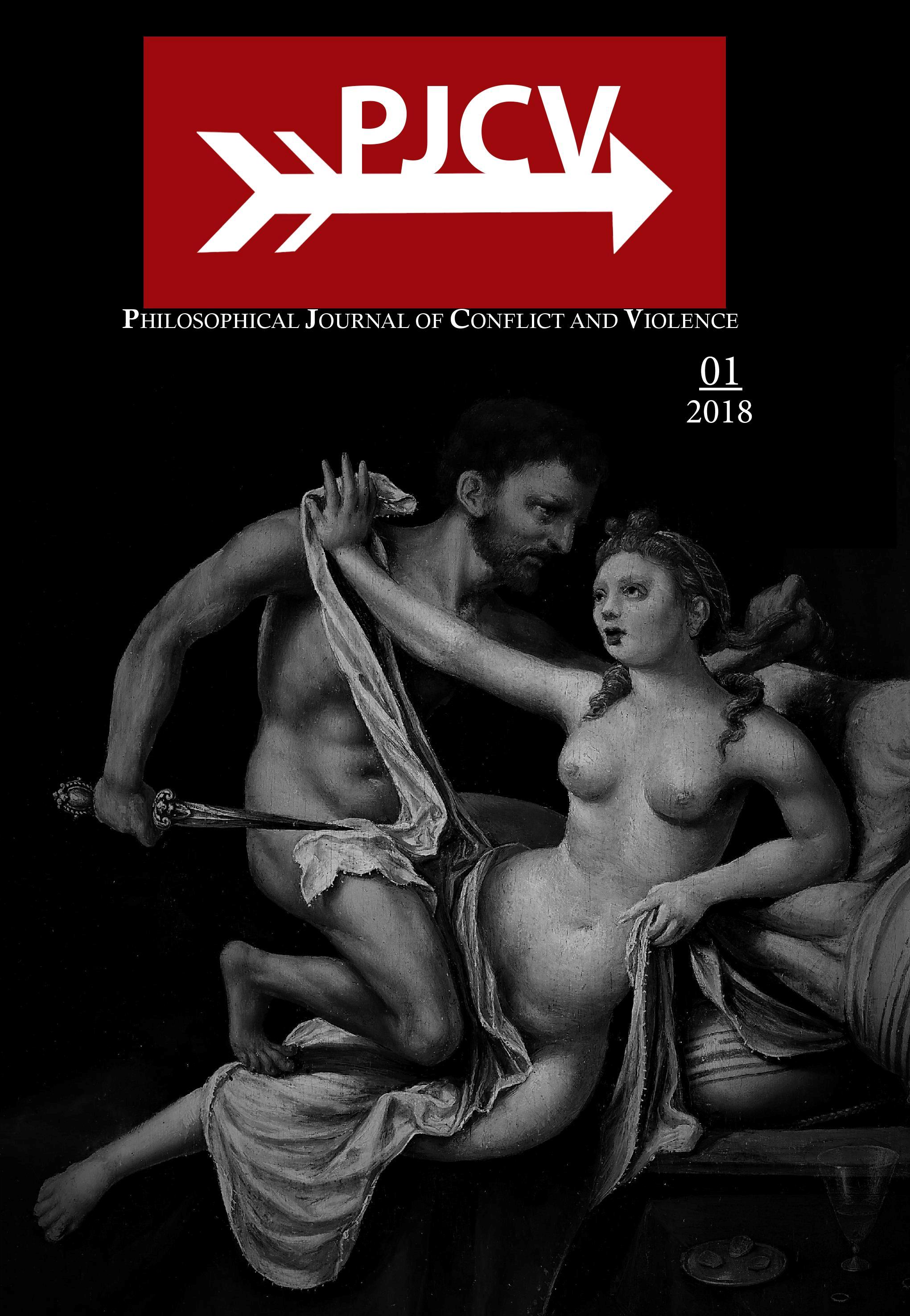
Keywords: Michel Foucault; Conflict; Feminism; Power; Rape; Sexual violence.
Foucault’s theories of power, resistance, and agency provide useful tools of analysis to support a stronger understanding of the individual experiences of survivors of sexual violence in conflict situations, as many feminist accounts have tended to focus analysis at the macro-level. This paper will outline key Foucauldian concepts, before discussing how Foucauldian and feminist theories can be complementary and indeed useful tools in understanding sexual violence. This paper will then apply a Foucauldian-Feminist framework to better understand patterns of sexual violence in conflict, and to propose modes of resistance for survivors of sexual violence.
More...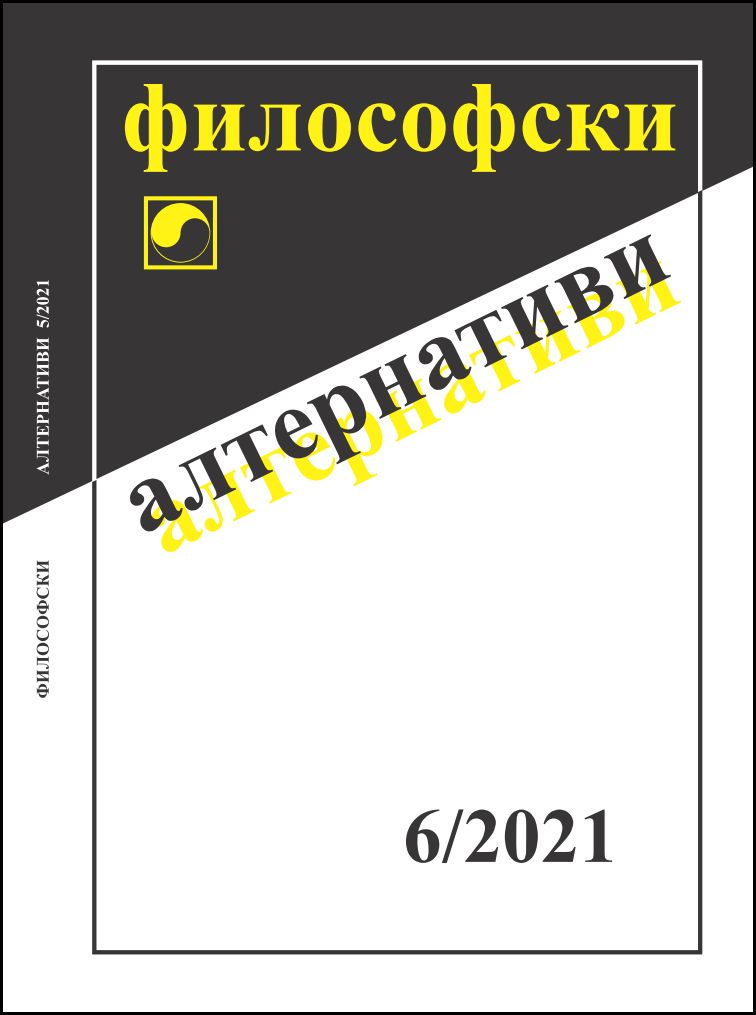
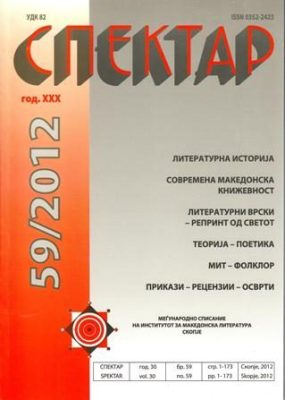
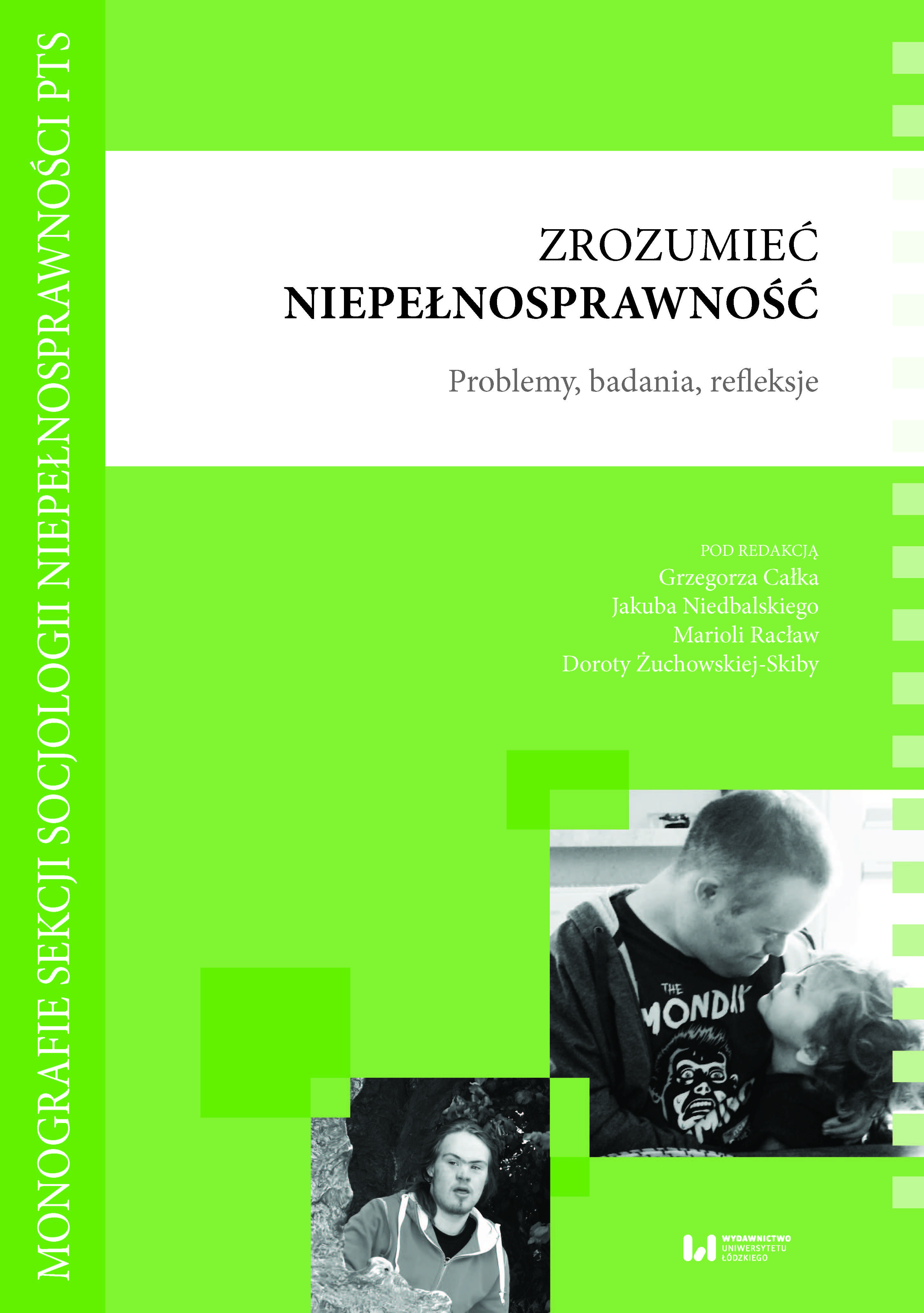
Keywords: disability; power; Michel Foucault; body; biodiversity
Disability is a phenomenon considered from different perspectives. I suggest tracking the history of the perception of disability with an indication of the dominant ways of perceiving this phenomenon at a given period of time. The analysis is conducted with particular emphasis on the attitude developed by Michel Foucault. The knowledge presented by Foucault regarding authority, body, disability and change is treated as a framework to which the emerging models of disability, in particular the medical, functional and social, is written in turn. This review and analysis is intended to lead to a place where the view on the biodiversity as an opportunity to escape from the management, power over disabled bodies. As a result of this work, the final section of the text presents an analysis of the theoretical situation of the lack of power of other members of society over people with disabilities.
More...
Keywords: care-of-the-self; subject; power
The following article is an exploration of the intellectual journey of the French philosopher Michel Foucault in its latest period, from the Will to Knowledge, first book of the History of Sexuality, up to the later idea of care-of-the-self. The idea of the care-of-the-self is treated here as the culmination of Foucault’s philosophy, as well as its most mature expression. Maturity here means that, according to this concept, the subject is not perceived as the passive outcome of games played between the forces of knowledge and power, as it was presented in the writings of Foucault from the 1960s and 1970s, but, thanks to his own actions, directed at himself, so called practices of the Self, the subject is able to create itself, in separation from the outside influences that bind him. In the context and in contrast to the idea of the care of self is the idea of self-knowledge, a solely intellectual perspective, for which – according to Foucault – the care of the self was abandoned by philosophers for many centuries. A part of the goal of this study is to demonstrate that the concept of the care of the self was introduced through a conceptual evolution, in which certain ideas, gradually changing their meanings, morphed into other ideas, to arrive at the point where the ancient Greek idea of epimeleia heautou, care of the self, was necessary to be introduced. The principal sources for Foucault’s analyses were the writings of Stoics and Epicureans from the 1st and 2nd centuries A.D., as well as the Plato’s dialogue The First Alcibiades. A method of close-reading of the published works of Foucault and the transcripts of his lectures from a period of 1976 to 1982 was used to prove the above mentioned argument. The central goal of this thesis was largely accomplished – it has been demonstrated that Foucault, by examining various Stoic and Epicurean practices of the Self, showed that the subject is not determined to be formed solely as a result of the games of knowledge and power. Thanks to the concept of care of the self, Foucault had drawn a much larger margin of freedom for the individual, than he did in his earlier works.
More...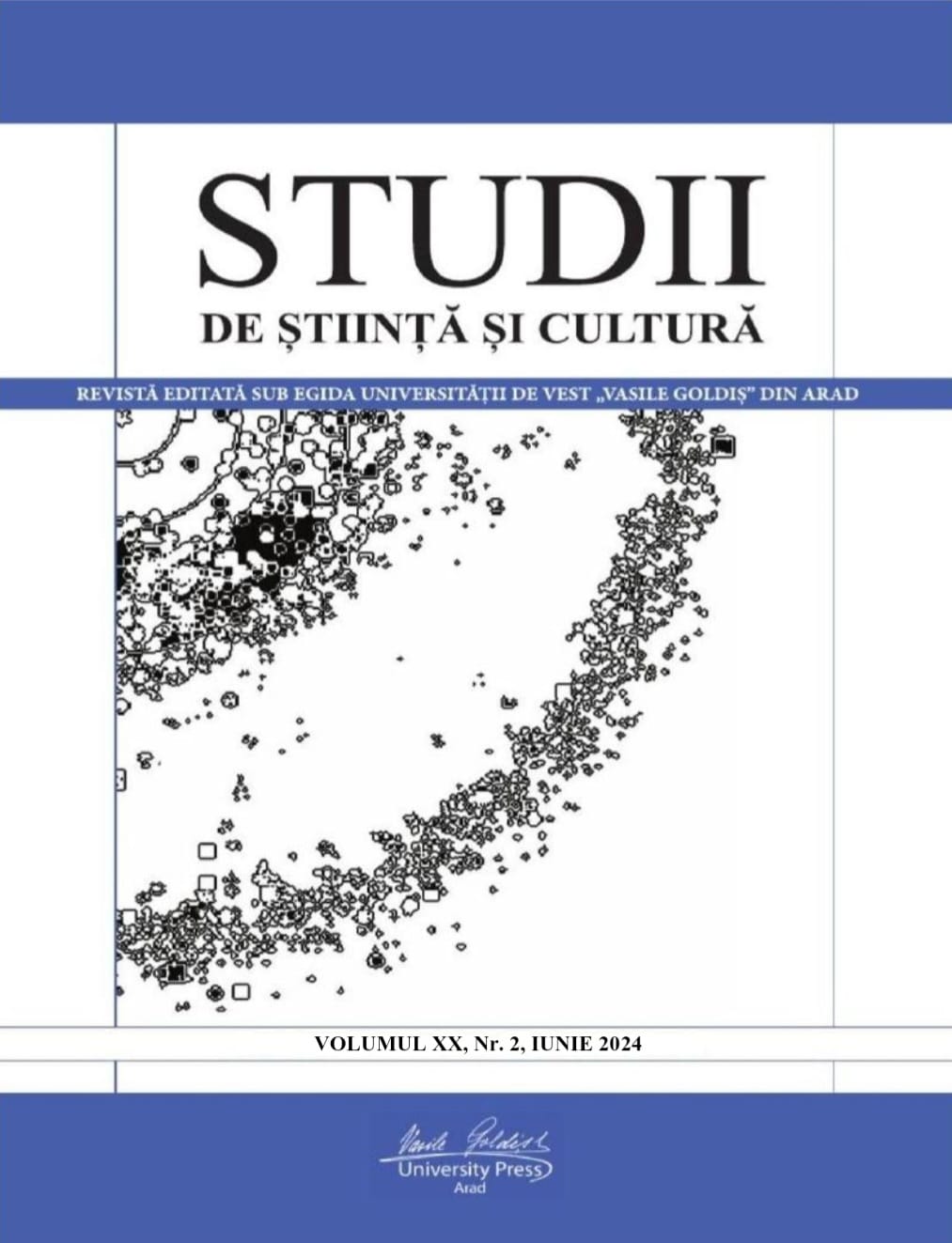
Keywords: Female identity; Modesta; Goliarda Sapienza; “The Art of Joy”; Michel Foucault; Knowledge; Desire; Power:
In this article, the construction of Modesta's female identity is analyzed through Michel Foucault's theory, focusing on three fundamental poles: knowledge, desire, and power. The protagonist of the novel “The Art of Joy” examined in this paper progressively carves out a space of autonomy and freedom throughout the narrative. Through our analysis, we show how family and society are key factors in her identity formation, constructing the nuclei where the first Foucaultian pole, “power”, is exercised. Subsequently, we examine the concept of “femininity” in relation to the second pole, “desire”, highlighting the crucial role of the maternal figure. Modesta challenges social norms and redefines her femininity, finding in desire a driving force for her emancipation and self-esteem. Her relationship with desire becomes a key element in her struggle for autonomy and joy. Finally, based on the third pole, “knowledge”, we analyze how Modesta constructs her identity through the acquisition of various "arts." It is through knowledge that she achieves joy and freedom, demonstrating that knowledge is a path to personal liberation and fulfilment.
More...
Keywords: gender; Foucault; Bourdieu; Goffman; Giddens; agency; determinism;
The aim of the article is to present diverse approaches to gender derived from the sociological theories of Michel Foucault, Pierre Bourdieu, Erving Goffman, and Anthony Giddens. This concepts describe the tension between power and freedom in different ways, thus providing theoretical tools for describing the relationship between individual gender identity and the determining or limiting social order. The theoretical perspectives on gender are discussed as an apparatus of power-knowledge, embodied practice, role in the theater of everyday life, and an identity project. A discussion is proposed between these theoretical positions and their organization on an axis, the extremes of which are described as individual agency vs the determinism of social structure.
More...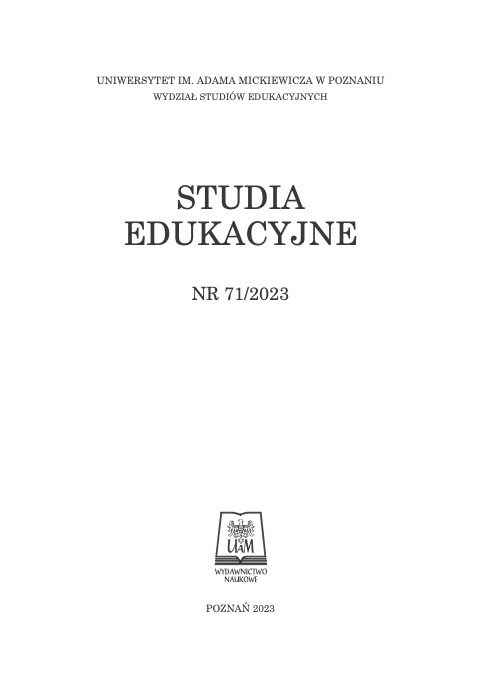
Keywords: Independence March; heterotopia; Foucault; place; space
The annual, nationwide “Independence March” taking place on the anniversary of Poland regainingindependence has become a phenomenon and the only event of its kind at that time. It brings together– in the physical sense – thousands of Poles. However, it is even more engaging in symbolic terms. Theresearch aimed to analyze the Independence March as a heterotopic space according to Michel Fou-cault and, more precisely, to refer to four of the six principles of heterotopia proposed by the Frenchphilosopher. The first two principles apply to society in general and, therefore, were not analyzed inrelation to the event of the Independence March. The remaining four were successfully used to reflecton it more deeply. Research has shown that the “Independence March” is an example of heterotopia,and what distinguishes it from other previously studied spaces with heterotopic features is the simul-taneous variability and spatial stability, the range of influence, the multitude of ways of entering itsspace and the significant function it performs because of its complexity.
More...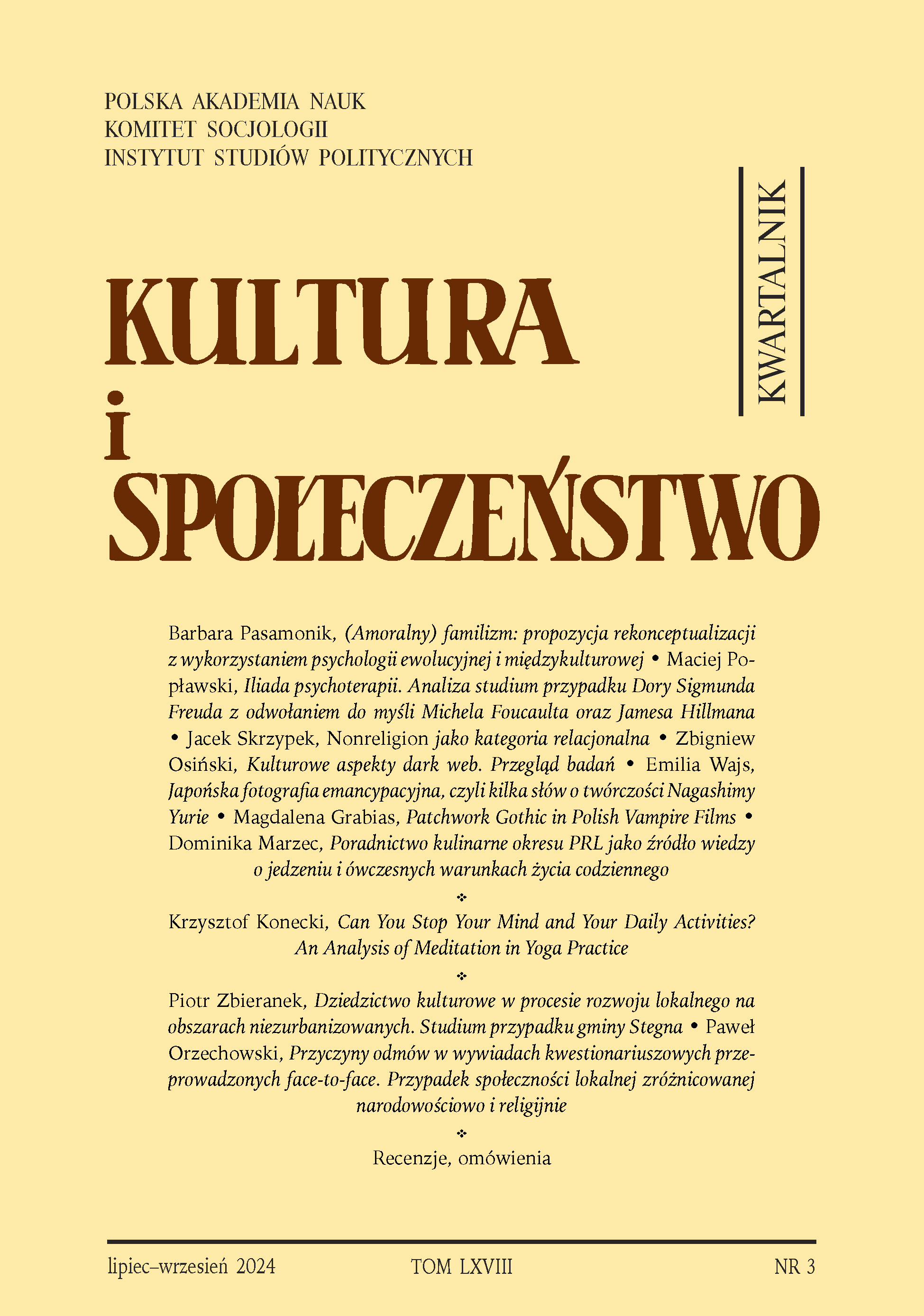
Keywords: psychotherapy; therapeutic culture; case study; therapeutic discourse; power-knowledge
In analysing the case study of Sigmund Freud’s Dora, the author refers to the thoughts of Michel Foucault and James Hillman. Foucault treated the case study as an example of knowledge-power, while Hillman treated it as a type of literary fiction. Dora’s case study is, as Hillman observes, “the Iliad of psychotherapy”, the first great therapeutic story. Freud, combining the fields of medicine and literature, discovered a vehicle by which he could announce a new idea and method to the world. In this article, the author strives to show how fiction brought to life a new type of power, created truth, and convinced individuals to accept it.
More...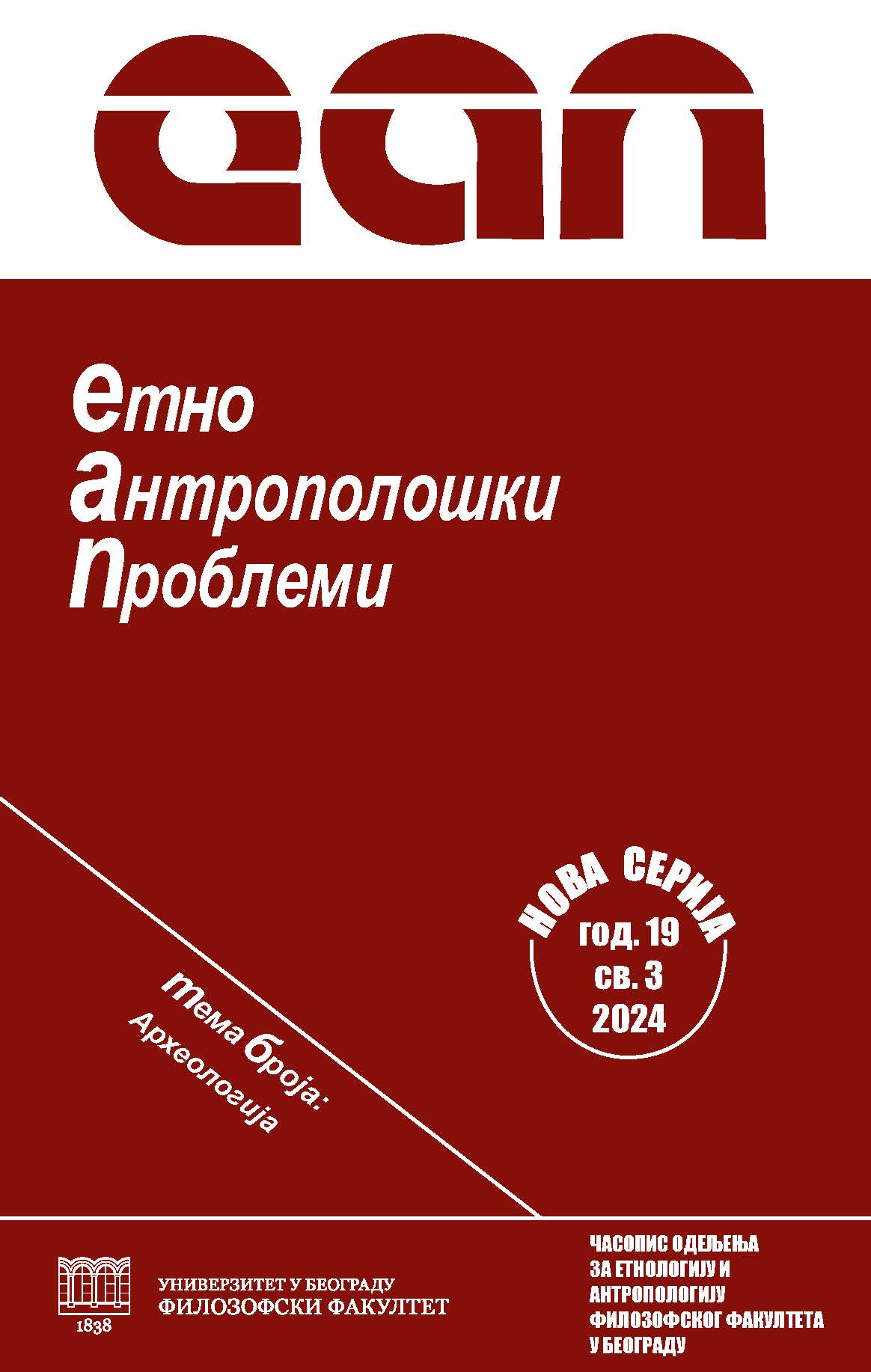
Keywords: governmentality; Michel Foucault; dispositive; subjectivity; raison d’État; liberalism; neoliberalism.
In this article we reconstruct and systematize the theoretical apparatus used by Michel Foucault in his research on the phenomenon of governance, as well as his investigations into specific governing regimes that have existed in the history of Western modernity. The aim of the article is to contribute to the resolution of conceptual confusion that has accompanied the governmentality studies since their emergence in the early 1990s and thereby facilitate the development and application of this perspec-tive in future research. The article begins by situating Foucault’s research on governance within the broader context of his career and highlighting the socio-political conditions under which Foucault changed the direction of his academic work towards this field. We will then proceed with a systematic exposition of some of Foucault’s basic concepts like “practice”, “power” and “dispositive”. We will also highlight how the problematic of governance entered his work through the concepts of “pastorali-ty” and “subjectivity”. In the next section we will reconstruct the theoretical apparatus Foucault used when researching government and governmental regimes. Here we will point out the specific meaning the notion of “governmentality” has in his research and how it is used to signify rationalities embodied in governmental regimes. Considering this theoretical apparatus, we will, in the second part of this sec-tion, reconstruct the history of governmental regimes in Foucault’s work starting from the regime of raison d’État in early modernity, through the liberal regime of governance in 18th and 19th centuries and concluding with the neoliberal regime. In conclusion, we will reflect on the advantages that the perspective of governmentality studies offers in researching the social world.
More...